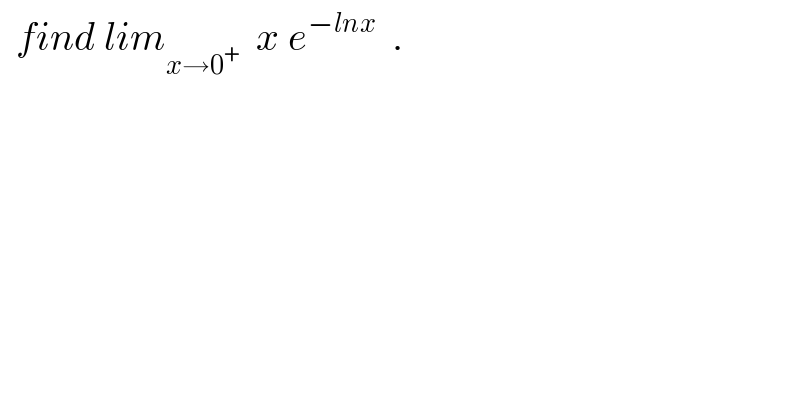
Question and Answers Forum
Previous in Relation and Functions Next in Relation and Functions
Question Number 32990 by abdo imad last updated on 09/Apr/18

Commented by prof Abdo imad last updated on 09/Apr/18

Answered by kyle_TW last updated on 09/Apr/18

